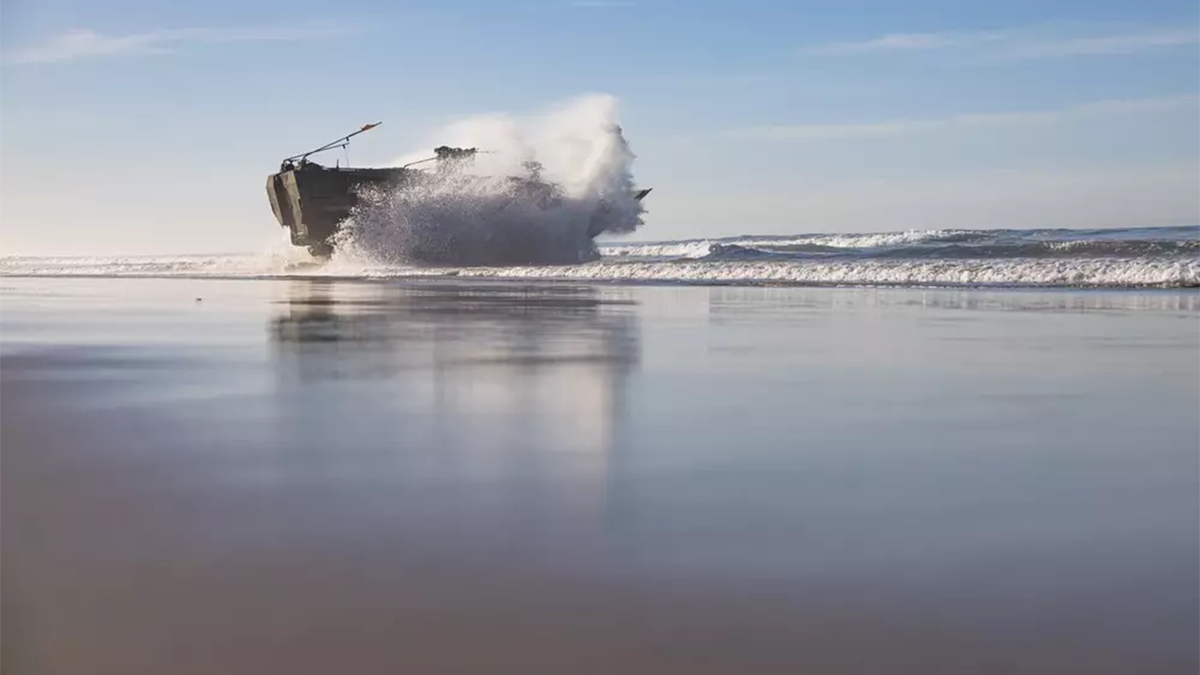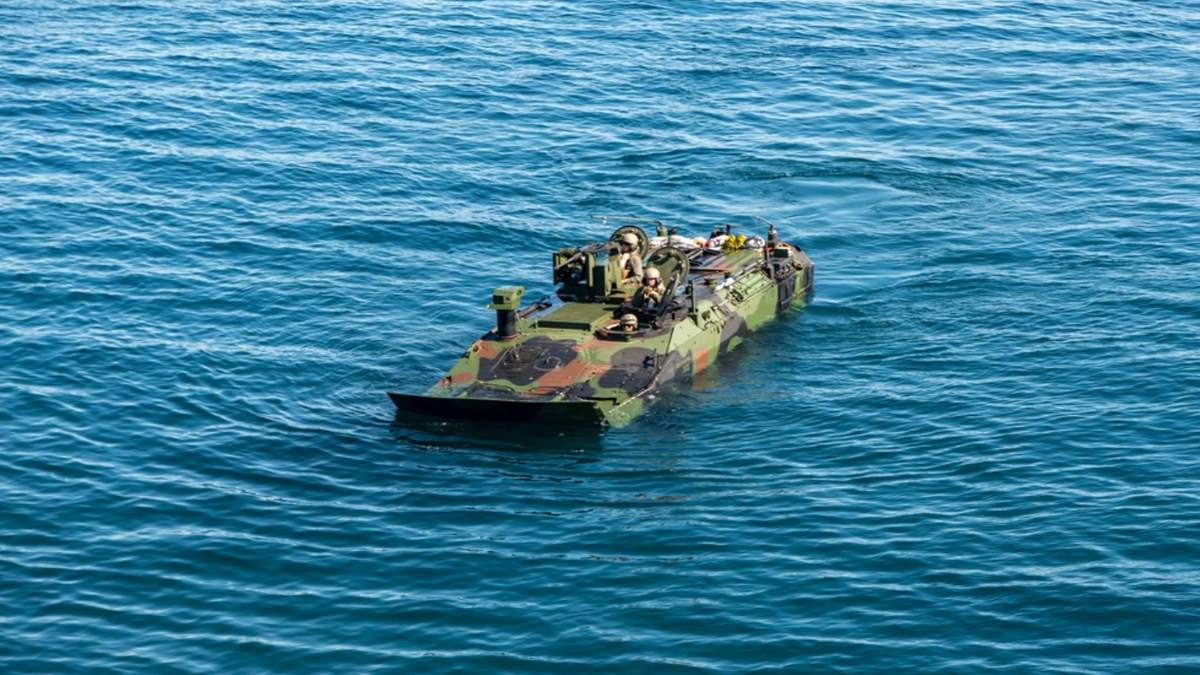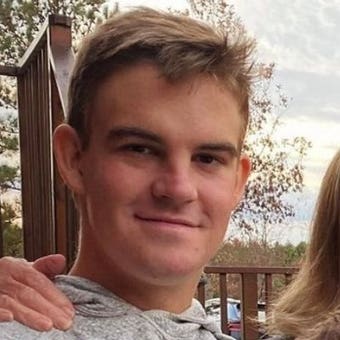Fox News Flash top headlines for August 29
Fox News Flash top headlines are here. Check out what's clicking on Foxnews.com.
The US Marine Corps delayed deployment of the new Amphibious Combat Vehicle (ACV), the next-generation vehicle to ferry soldiers from ship to shore, after a training incident in July that saw two of them disabled in high surf, USNI News reports.
The ACV, which will have similar speed on ground to the M1A1 tank, is replacing the five-decade-old Amphibious Assault Vehicle (AAV).
During training in July, one of the vehicles rolled onto its side and another was also disabled in unusually rough surf in Southern California. No one was injured during the incident.

The Marine Corps's new Amphibious Combat Vehicle will replace the aging Amphibious Assault Vehicle. (Lance Cpl. Willow Marshall)
The investigation into that incident is ongoing and the Marines will wait until it is completed before deploying the vehicles with the Makin Island Amphibious Ready Group and the 13th Marine Expeditionary Unit, according to USNI News.
The Marine Corps did not return a request for comment on Monday.
NATO FLAGSHIP ‘BREAKS’ DOWN SHORTLY AFTER LEAVING PORT
The aging AAV, which has been in use since the Vietnam War, was involved in one of the worst training accidents in the Marine Corps' history in July 2020.

Two Amphibious Combat Vehicles were disabled in high surf during a training incident in July. (Petty Officer 2nd Class Hector Carrera)
Eight Marines and a Navy corpsman died when their AAV sank in the Pacific Ocean during a ship-to-shore training maneuver off the coast of San Clemente Island.
CLICK HERE TO GET THE FOX NEWS APP
The new ACV will be the primary way that Marines move both on the ground and at sea.
"Amphibious operations, including the use of amphibious ship-to-shore connectors, is a foundational aspect of Marine Corps operations and is critical to the future force and its ability to remain the Nation’s premier expeditionary force in readiness," Lt. Gen. David Furness, Deputy Commandant for Plans, Policies, and Operations, said earlier this year.
The Associated Press contributed to this report.






















